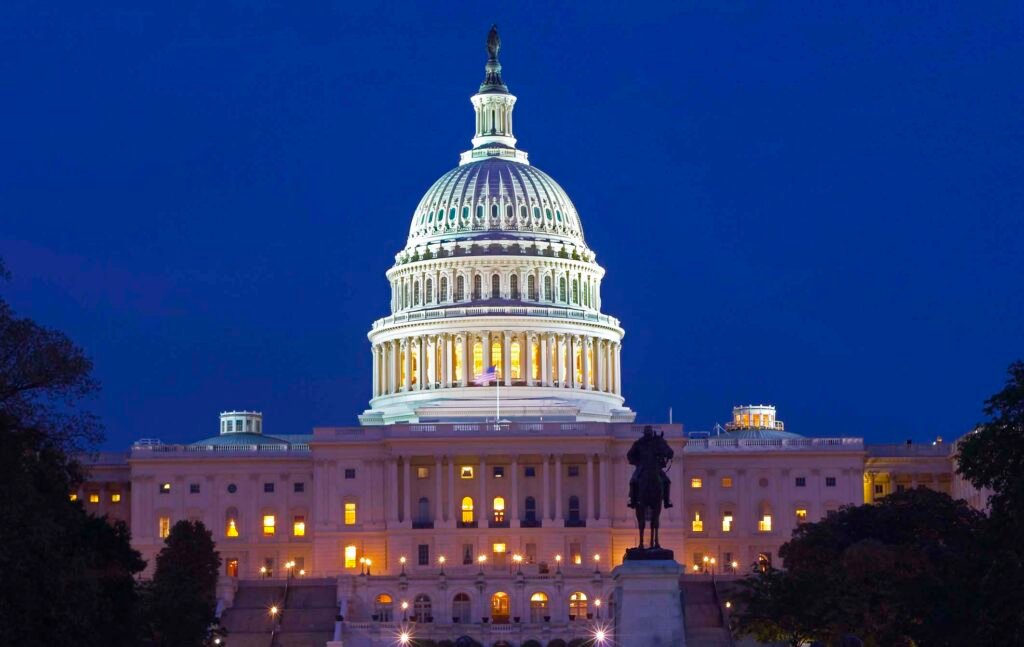President Joe Biden signed a spending bill on Saturday to avert a government shutdown, but some healthcare provisions did not make it to the final passage. The bill extended acute hospital care at home and telehealth waivers temporarily until March 31, rather than the long-term extensions proposed in a previous bipartisan resolution. The original bill included a two-year extension for telehealth and a five-year extension for acute hospital care at home.
Kyle Zebley from the American Telemedicine Association expected a “clean sweep win” for telehealth, but last-minute changes resulted in a shorter and simpler bill. Congress plans to address more comprehensive measures next year when the current spending plan expires in 2025.
Some programs advocated by the ATA, such as first-dollar coverage for telehealth and a diabetes prevention program, were left out of the final bill. Additionally, a provision to prevent Medicare payment cuts to physicians was stripped from the legislation, resulting in a 2.8% Medicare payment cut on January 1, 2025.
The American Medical Association expressed disappointment in Congress’ failure to address declining reimbursement rates for Medicare, which could impact patients’ access to healthcare and physicians’ practices. The Medicare Payment Advisory Commission recommended a permanent update based on inflation to address rising costs of care, but Congress did not implement this recommendation.
The final package also excluded prior authorization reform and regulations targeting pharmacy benefit managers, but it did avert $8 billion in Medicaid disproportionate share hospital cuts. Patients For Affordable Drugs Now expressed frustration over the lack of key drug pricing reforms in the bill.
In a 366-34 vote, the U.S. House of Representatives passed a stopgap bill to fund the government until March 14, 2025. The Senate approved the bill in an 85-11 vote, including $100 billion in disaster aid and $10 billion in economic aid for farmers. The bill did not include the debt limit extension requested by President-Elect Trump.
Overall, the bill’s passage reflects ongoing challenges in healthcare policy and funding, with key provisions left out and implications for patients, physicians, and healthcare access. Congress is expected to revisit these issues next year as the current spending plan approaches its expiration date.


